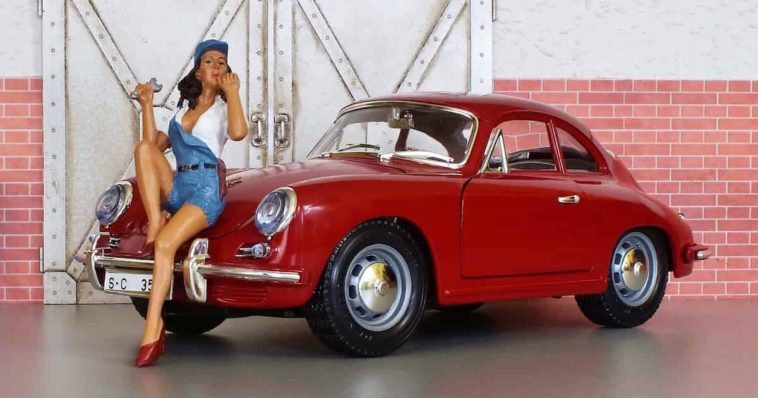Contrary to the automotive industry pushing for the electrification of all vehicles, Porsche plans to support its iconic 911 models with a carbon-neutral fuel.
What is eFuel?
eFuel (“electro fuel”) refers to synthetic fuels that target carbon neutrality and aim at replacing traditional fuels. This will be Porsche’s new alternative to conventional gasoline for internal combustion engines (ICE) found in its 911 models. Its purpose is to completely replace the heavily polluting hydrocarbons with a “greener” solution that promises to reduce carbon dioxide emissions by 90%. A similar example is Audi’s “e-Gasoline” or “e-Benzin” which is essentially a sulfur-free and benzene-free fuel produced from biomass processing.
How is eFuel made?
A methanol blend is produced by combining pure hydrogen (H2) with carbon dioxide (CO2). The trick here is that hydrogen will be produced by utilizing renewable energy sources and carbon dioxide from atmospheric emissions. This will help reduce CO2 pollution, and prevent any additional carbon emissions from the energy-intensive hydrogen production.
Why is Porsche doing this?
There is an emerging trend lately, where classic car models are electrified (swapping their ICE with batteries and electric motors) in order to transform into eco-friendly vehicles that are compliant with the latest emission regulations.
However, this takes away the driving experience from these cars, and their sentimental and monetary value is severely impacted when they lose their engines. Porsche is concerned about that phenomenon, and wants all its iconic 911 models to retain their valuable ICE engines if their customers wish so. At the same time, they aim at competing with EVs on pollution levels, as they want to make Porsche ICE cars viable after 2025 by offering a similar carbon footprint as an EV.
How much eFuel is going to be produced?
Porsche will work together with Siemens Energy for the production of its electro fuel at their Chile base. Their annual production target is estimated to reach 130,000L by the end of 2022, and increase to 550,000,000L by the end of 2026, which is calculated to be an adequate annual supply for about 1 million 911s.
How much will the eFuel cost?
The prices will start from about €8.50 ($10) per liter, but mass production promises to reduce the cost to approximately €1.70 ($2), which is essentially the current price/liter in the European Union.
Will the eFuel be available to non-Porsche customers?
Currently, there is no word on it. If synthetic fuels will be produced at a carbon-neutral level while offering the same levels of performance and price as traditional fuels, then perhaps other manufacturers will follow the trend. For the time being, only owners of Porsche 911 models will be allowed to purchase eFuel directly from Porsche’s dealerships.
What do you think about Porsche’s move?
Will synthetic fuel replace the need for electric vehicles?
Please, let us know in the comments, and subscribe & follow us for more.





Comments
Loading…